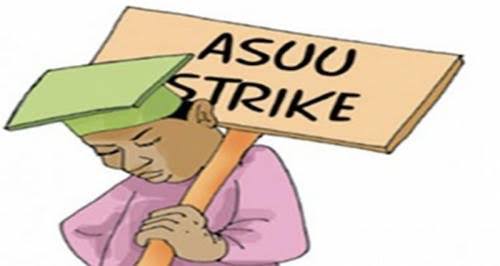The Academic Staff Union of Universities (ASUU) is currently on strike, and the Federal Government has filed an application with the National Industrial Court asking for a court order ordering ASUU to end its strike.
In his response, Mr. J.U.K. Igwe, SAN, counsel for FG informed the court that the application for the injunction was dated September 12 and submitted on the same date.
He continued by saying that the application had been submitted in accordance with the NICN 2017 proceeding’s guidelines.
Igwe added that the claim was supported by a 21-paragraph affidavit submitted to Mr. Okechukwu Wampa, a legal adviser at the Ministry of Labour and Employment, along with three exhibits and an undertaking regarding damages.
Additionally, he requested that the court approve the requested prayer and then adopted the written address in its entirety, stating that the claimants had satisfied all criteria necessary for the court to award the injunction.
In regards to damages, he claimed that the claimant’s action was not apprehensive and that the seven months of lost time due to the strike could not be made up.
He urged the court to approve the injunction, citing the Trade Disputes Act of 2004’s section 18 (1) (e), which states that a worker should not go on strike while a case is already before the court.
He further asserted that once a referral was in front of a industrial court, no party may leave it.
In his defense, Falana also emphasized that the claimants had broken part 1 of the TDA 2004’s due process provisions, which stated that only an individual has the right to approach the court and that a trade union must first appear before the Industrial Abitration Panel (IAP) before approaching the court.
According to him, the union can only appeal the IAP decision to the NICN.
Additionally, according to NAN, the Federal Government had the matter sent to court by the Minister of Labor and Employment in order to end the ongoing ASUU strike.






















